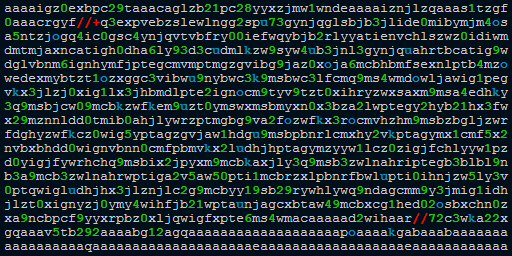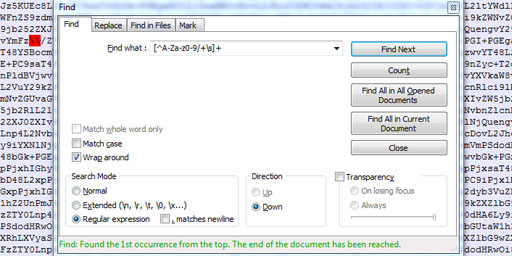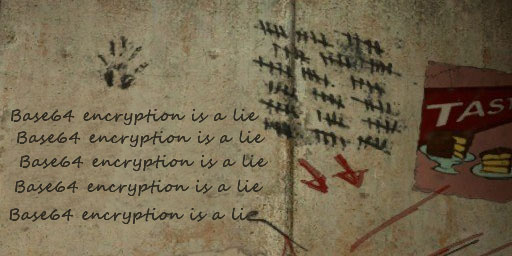background
The background property is a shorthand that defines several background properties at once, including the background-image property. This means that you can specify the URL-address or the data URI of the image.
For example, you can use a 1x3 GIF image to draw a red striped background and define the red color as fallback:
.base64-url {
background: red url("//static.base64.guru/uploads/images/1x3.gif")
}The same can be achieved by encoding image to Base64 and embedding it using data URI:
.base64-data {
background: red url("data:image/gif;base64,R0lGODdhAQADAPABAP////8AACwAAAAAAQADAAACAgxQADs=")
}Both behaviors are identical — when you open the page, your browser displays the same background for both elements. The difference is that in the first case the browser sends one HTTP request to fetch the external image, when in the second case the image is already loaded in the browser’s memory and it does not need to send any HTTP requests.
Please note that Base64 Data URIs have some limitations. In addition, like almost any unconventional solutions, it has both advantages and disadvantages. Therefore, if you plan to use it, first of all, read about Base64 Data URI.
 What is "aaaaigz0...my4xmda="?
What is "aaaaigz0...my4xmda="? Validate Base64 using Notepad++
Validate Base64 using Notepad++ Base64 encryption is a lie
Base64 encryption is a lie
Comments (1)
I hope you enjoy this discussion. In any case, I ask you to join it.